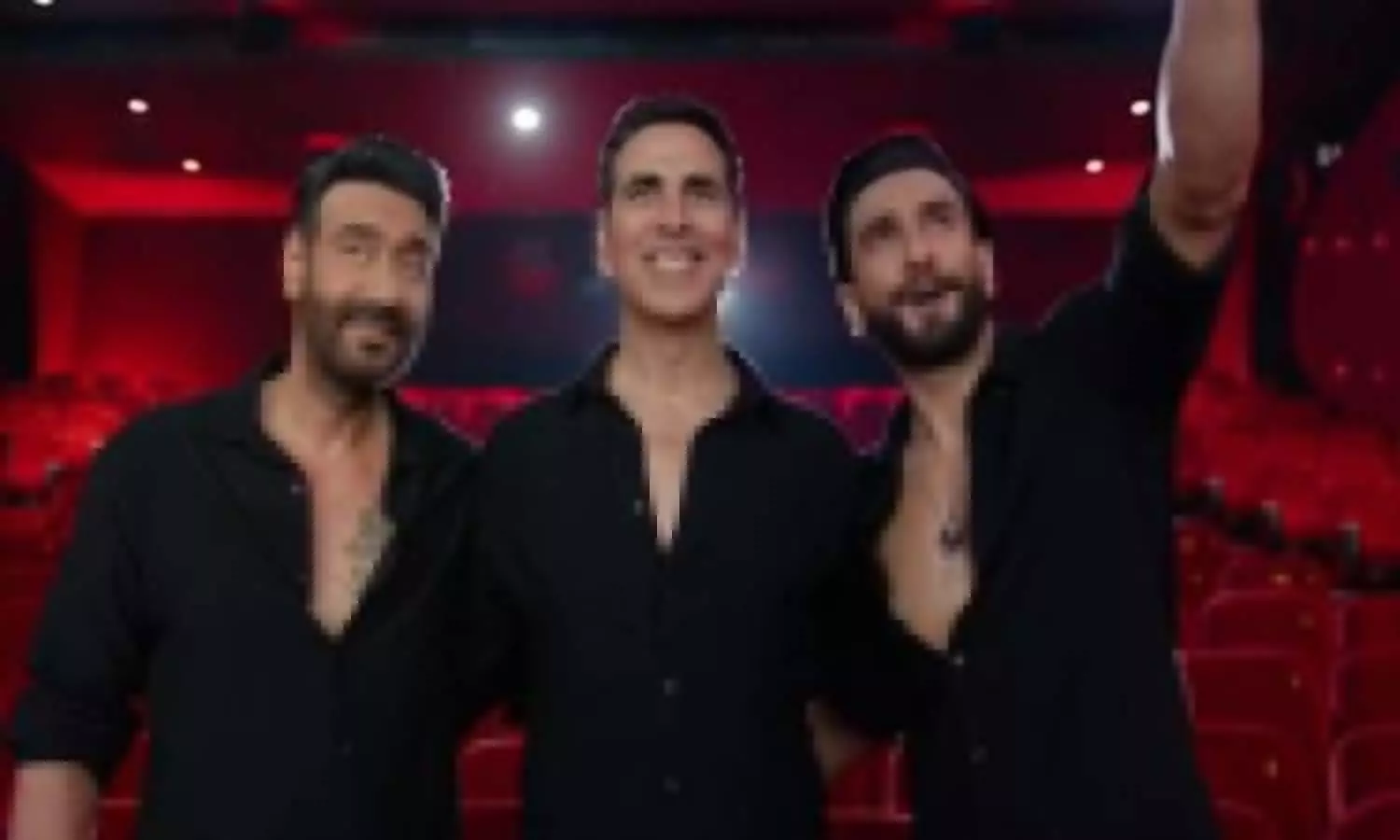TRENDING TAGS :
Deepfakes Take Aim at Bollywood: A Threat to Reputation and Elections?
AI-Generated Videos Pose Concerns for Actors and Political Landscape
Ranveer
The world of Indian cinema is facing a new challenge: deepfakes. These hyper-realistic, AI-generated videos can seamlessly manipulate someone's likeness to make them appear to say or do things they never did. Recent incidents involving Bollywood A-listers Ranveer Singh and Aamir Khan have brought this issue to the forefront, raising concerns about reputational damage and potential misuse for political purposes.
The Rise of Deepfakes
Deepfakes leverage artificial intelligence algorithms trained on massive datasets of images and videos. This allows them to map one person's face onto another body, creating a convincing illusion. The technology is constantly evolving, making it increasingly difficult to distinguish between real and fabricated footage.
Bollywood Stars Targeted:
In April 2024, a deepfake video emerged featuring Ranveer Singh seemingly endorsing a political party during his visit to Varanasi. The video went viral on social media, causing confusion and potentially damaging his reputation. Just a few days prior, a similar deepfake video featuring Aamir Khan promoting a different political party also surfaced. Both actors quickly condemned the videos and called for awareness about deepfakes.
The Impact on Actors and Public Figures
Deepfakes pose a significant threat to the reputation of public figures like actors and politicians. A fabricated video could potentially damage an individual's career or public standing by associating them with controversial messages or actions. The ease with which deepfakes can be created and spread online further exacerbates the problem.
Potential Political Misuse:
The use of deepfakes within the political landscape is particularly concerning. Malicious actors could create fake videos of politicians delivering inflammatory speeches or making false promises, potentially swaying voters during elections. This raises serious questions about the integrity of democratic processes in the age of deepfakes.
Combating the Threat:
There is no easy solution to the deepfake problem. However, some measures can be taken:
Public awareness campaigns: Educating the public on how to identify deepfakes is crucial. People should be skeptical of any online video and verify its authenticity before sharing it.
Technological advancements: Tech companies are actively developing algorithms to detect deepfakes, but the race between creators and detectors is ongoing.
Legal frameworks: Clear legal frameworks addressing the creation and distribution of malicious deepfakes are needed to deter misuse.
The Future of Deepfakes:
Deepfakes are here to stay, and their potential impact will continue to evolve. The Indian film industry and political landscape must adapt to this new reality. By raising awareness, investing in detection technology, and developing legal frameworks, it's possible to mitigate the negative impacts of deepfakes and ensure their responsible use.



